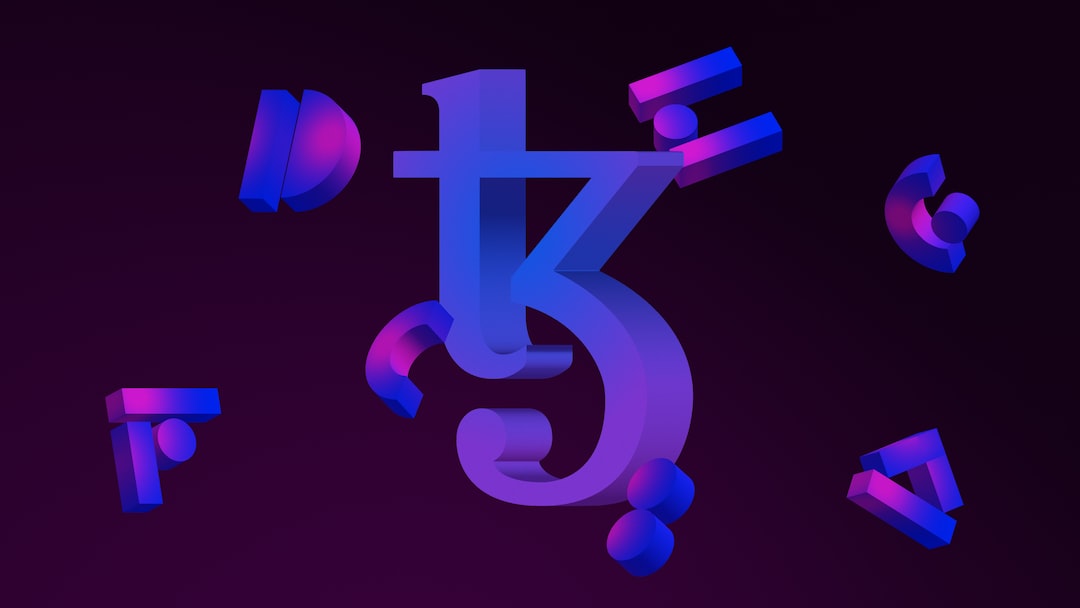Decentralized storage platforms are revolutionizing how we store and share information in the Web3 world. While blockchain and cryptocurrency are often associated with Bitcoin and Ethereum prices, they offer much more. Traditional centralized storage systems have vulnerabilities such as security breaches and data loss. Decentralized storage, on the other hand, distributes data across a network of nodes, reducing the risk of breaches and unauthorized access.
Decentralized storage platforms work by storing data in a distributed manner, similar to a jigsaw puzzle scattered across the globe. Some popular decentralized storage systems include Filecoin, IPFS, Arweave, Storj, BitTorrent, and Siacoin. Each platform has its unique features and benefits, such as economic incentives, data permanence, privacy, and affordability.
Decentralized storage solutions offer advantages such as increased security, data ownership, and transparency. However, there are also potential drawbacks, such as slower retrieval times and limited scalability. Despite these challenges, decentralized storage solutions are an exciting use case of blockchain technology that is gaining traction in the digital landscape.





 By
By
 By
By

 By
By
 By
By